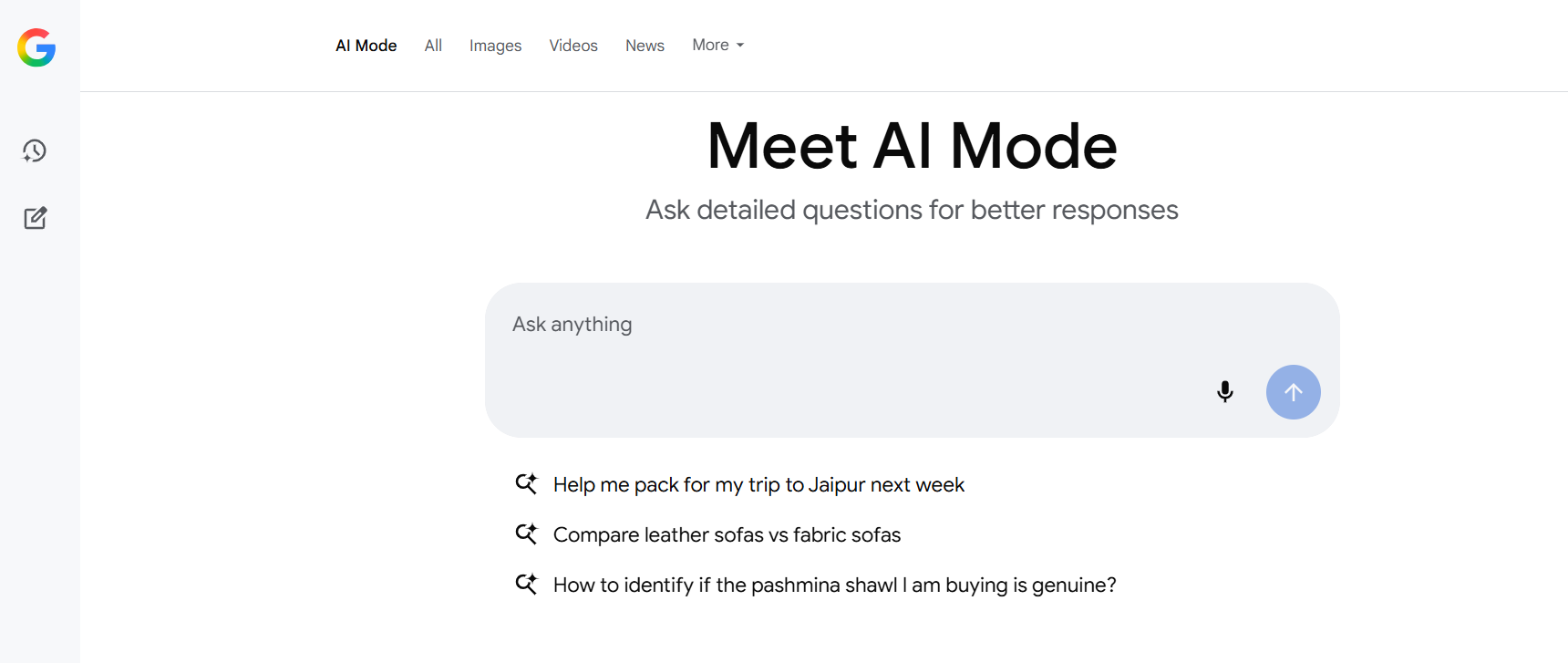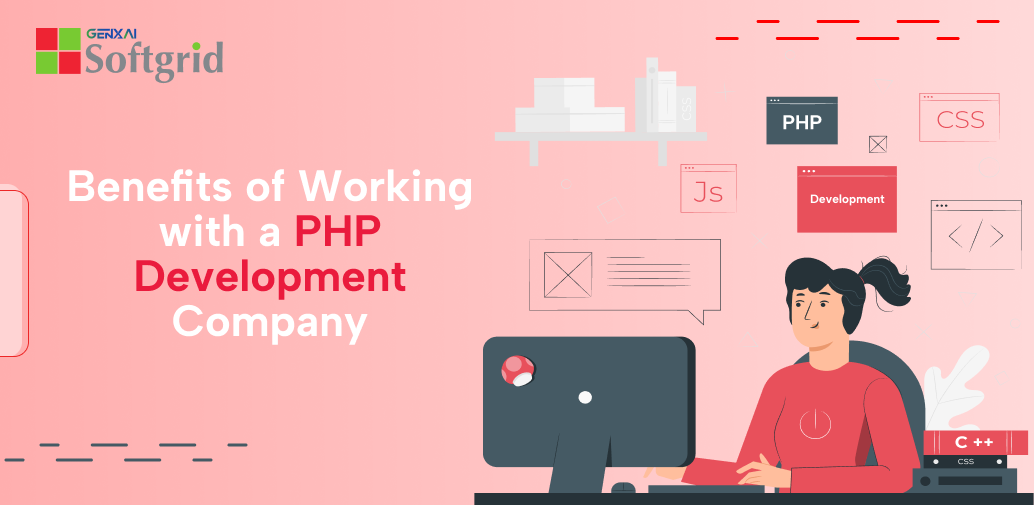The online retail industry has seen a massive shift and immense competition in recent years as more and more people turn towards eCommerce. It’s now like a big sea of competitors for any industry. Having a strong online presence is important for the success of your Shopify store. SEO strategy can have a major impact on Shopify site sales. Learn the best strategies to influence your search ranking from SEO insiders.
In this blog, we will talk about a few key strategies and best practices to optimize your Shopify website for search engines. If implemented right these can improve your store’s rankings and ultimately boost your online sales. So let’s dive into it:
Conduct keyword research:
Identifying relevant keywords for your products or services is very important. If you don’t know what your audience is searching for, you can’t optimize your site for those terms. There are tools to help you with keyword research and uncover search trends and competition. You need to think like your customers. Selecting the right set of keywords to target is the start and we suggest you start with low competition and long tail keywords.
Identify the landing pages:
Once you’ve selected the key phrases, you need to identify which of your website pages you want users to land on for those selected keywords. Landing pages should relate to the keywords. Customers searching for Pajamas need to land on the page related to Pajamas not on the page related to Shirts!
Optimize web pages:
Shopify themes are lightweight and load fast but if your website pages are not optimized well, you need to optimize those with best practices. The page should be loading under 3 seconds and should not have large page shifts. Pages should be easy to browse and mobile optimized. Page optimization might need technical help. If you want any technical help, you can consult a good Shopify development agency.
When the page load is sorted you need to write compelling and keyword-rich meta titles and descriptions that search engines will read and relate to. Creating SEO-friendly URLs and optimizing heading tags.
Don’t take customers too far from the landing page to buy a product. Buyer journey should start as close as to the landing page.
Leveraging Shopify Apps and SEO Tools:
SEO tools and plugins are important to streamline optimization efforts, measure traffic, and analyze SEO metrics for continuous improvement. This is how you get direction for your SEO Campaign. If you are looking for good SEO tools to measure performance check out SEM Rush and AHrefs tools. Those are pretty good.
Content Marketing for Shopify SEO:
Creating engaging and informative blog posts, guides, and articles related to your products and services is important. Try to create content to target long-tail keywords and answer simple customer questions. Creating content and promoting it helps to get a good number of backlinks.
Monitoring, Analyzing, and Fine-Tuning:
Shopify has good inbuilt reports and additionally, you should set up Google Analytics and Search Console to measure the site performance. Especially Search Console is very useful for fine-tuning the website. Regularly analyzing keyword rankings, position shifts of keywords, organic traffic, and conversion rates is very important and that is how you know if your efforts are going in the right direction.
Third-party tools like SEMRush are very useful to keep and eye on keyword position changes, new keywords listing etc.
Like any other website optimizing your Shopify site for search engines is an ongoing process that requires time, effort, and continuous monitoring. The only difference is Shopify makes the optimization easy for the on-site changes. By following the strategies outlined in this article and staying up-to-date with the latest SEO practices, you can get your website in good shape, attract more qualified traffic, and ultimately drive a higher return on investment. If you are looking for a professional SEO Company to help with your SEO campaign, get in touch with us.


 Web and Full Stack
Web and Full Stack CMS and Frameworks
CMS and Frameworks Online Marketing
Online Marketing Cloud Services
Cloud Services ECommerce
ECommerce Mobile
Mobile



